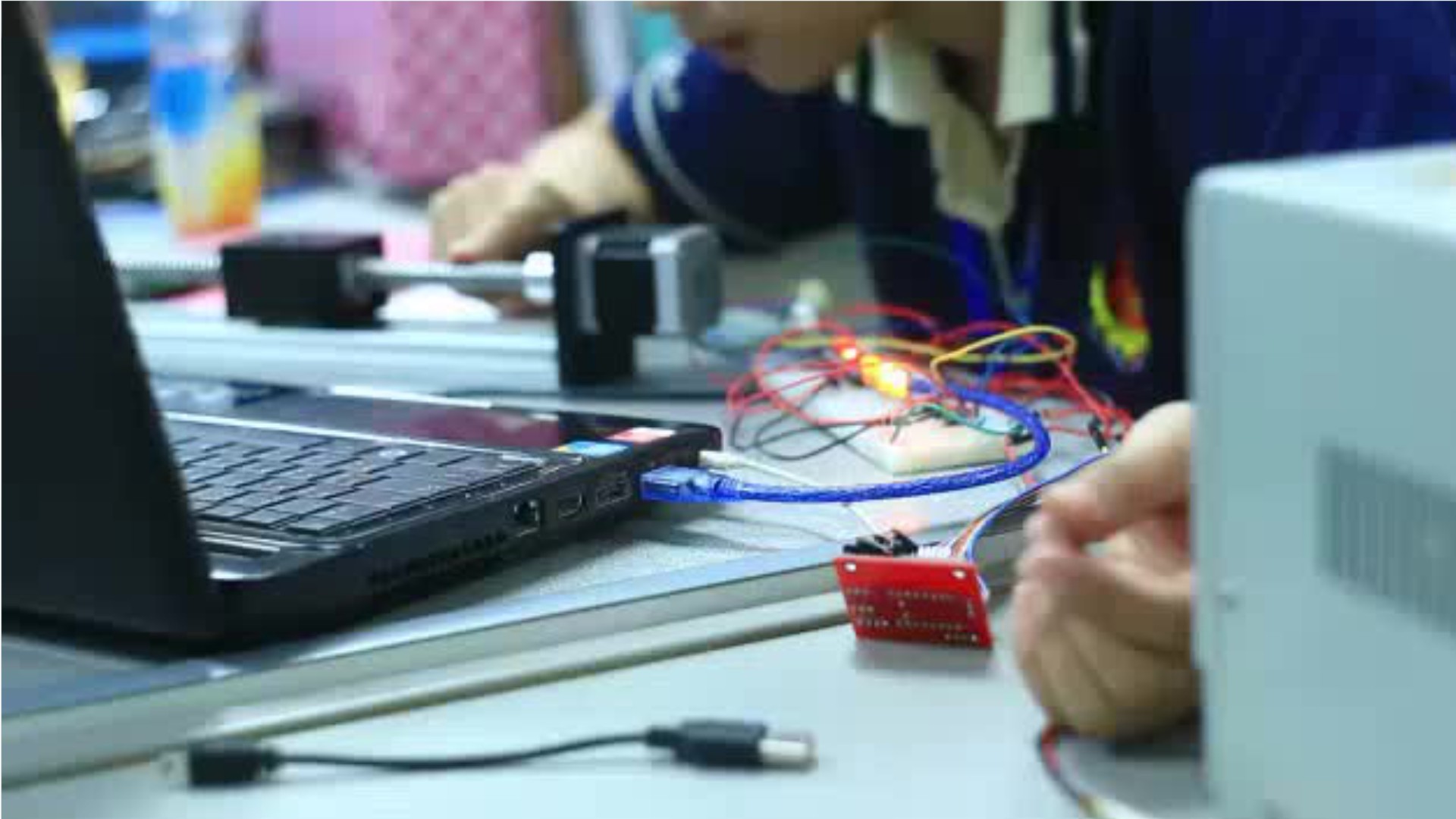Electronic Equipment Installers & Repairers, Motor Vehicles
Automotive Technician, Car Audio Installer, Car Stereo Installer, Mobile Electronics Installation Specialist
What they do:
Install, diagnose, or repair communications, sound, security, or navigation equipment in motor vehicles.
On the job, you would:
- Install equipment and accessories, such as stereos, navigation equipment, communication equipment, and security systems.
- Inspect and test electrical or electronic systems to locate and diagnose malfunctions, using visual inspections and testing instruments, such as oscilloscopes and voltmeters.
- Cut openings and drill holes for fixtures and equipment, using electric drills and routers.
Knowledge
Engineering and Technology
- mechanical
- computers and electronics
Business
- customer service
Math and Science
- arithmetic, algebra, geometry, calculus, or statistics
Arts and Humanities
- English language
Skills
Basic Skills
- thinking about the pros and cons of different ways to solve a problem
- listening to others, not interrupting, and asking good questions
Problem Solving
- noticing a problem and figuring out the best way to solve it
Abilities
Hand and Finger Use
- keep your arm or hand steady
- put together small parts with your fingers
Ideas and Logic
- notice when problems happen
- use rules to solve problems
Attention
- pay attention to something without being distracted
- do two or more things at the same time
Verbal
- listen and understand what people say
Personality
People interested in this work like activities that include practical, hands-on problems and solutions.
They do well at jobs that need:
- Attention to Detail
- Integrity
- Dependability
- Initiative
- Self Control
- Cooperation
Technology
You might use software like this on the job:
Spreadsheet software
- Microsoft Excel
Presentation software
- Microsoft PowerPoint
Analytical or scientific software
- Harris Tech X.over Pro
- True Audio WinSpeakerz
Education
Education: (rated 3 of 5)
certificate after high school or
high school diploma/GED
usually needed
high school diploma/GED
usually needed
Job Outlook
Below Average
New job opportunities are less likely in the future.
Explore More
- Automotive Service Technicians & Mechanics
- Avionics Technicians
- Electric Motor, Power Tool, & Related Repairers
- Electrical & Electronics Installers & Repairers, Transportation Equipment
- Electrical & Electronics Repairers, Commercial & Industrial Equipment
You might like a career in one of these industries:
See more details at O*NET OnLine about electronic equipment installers and repairers, motor vehicles.





